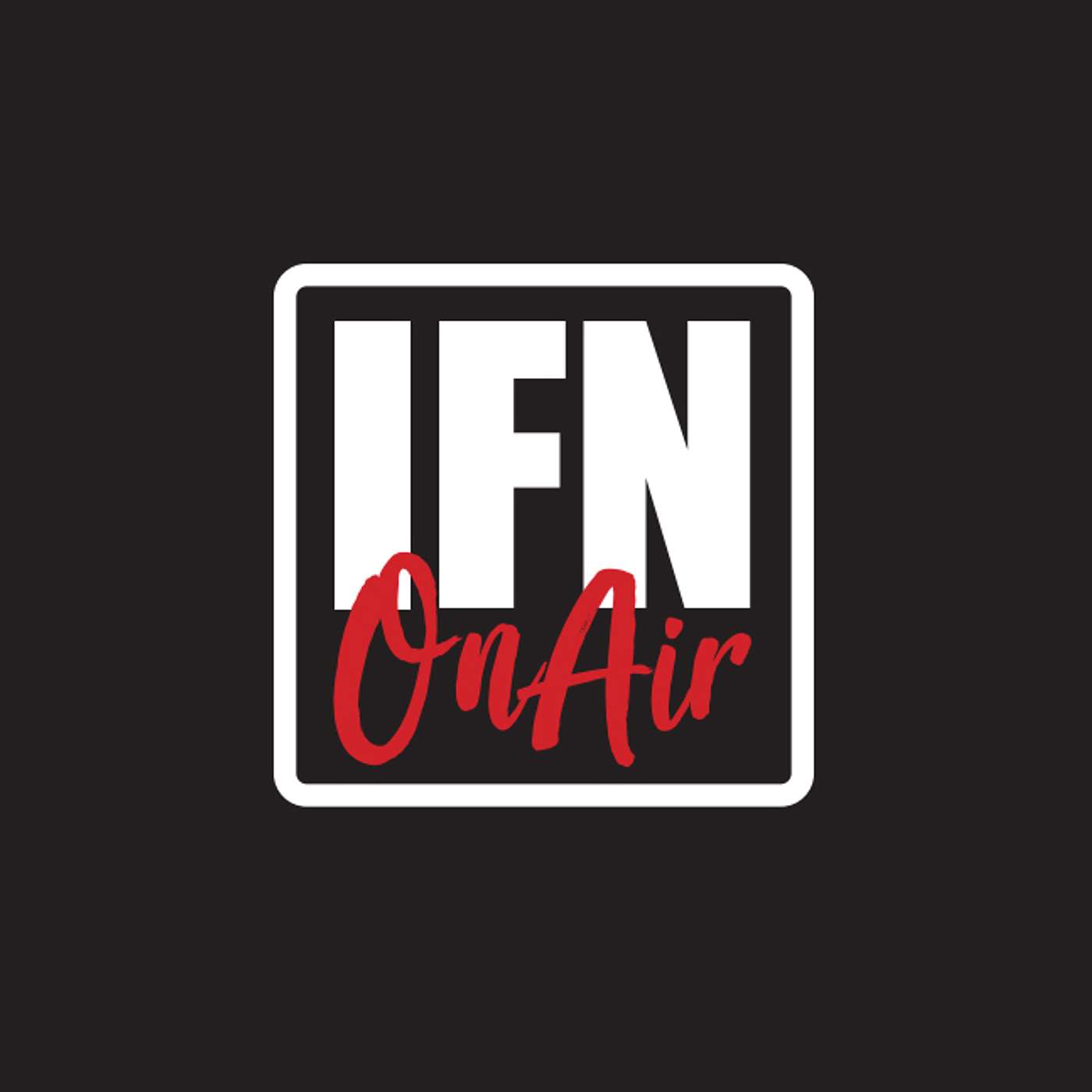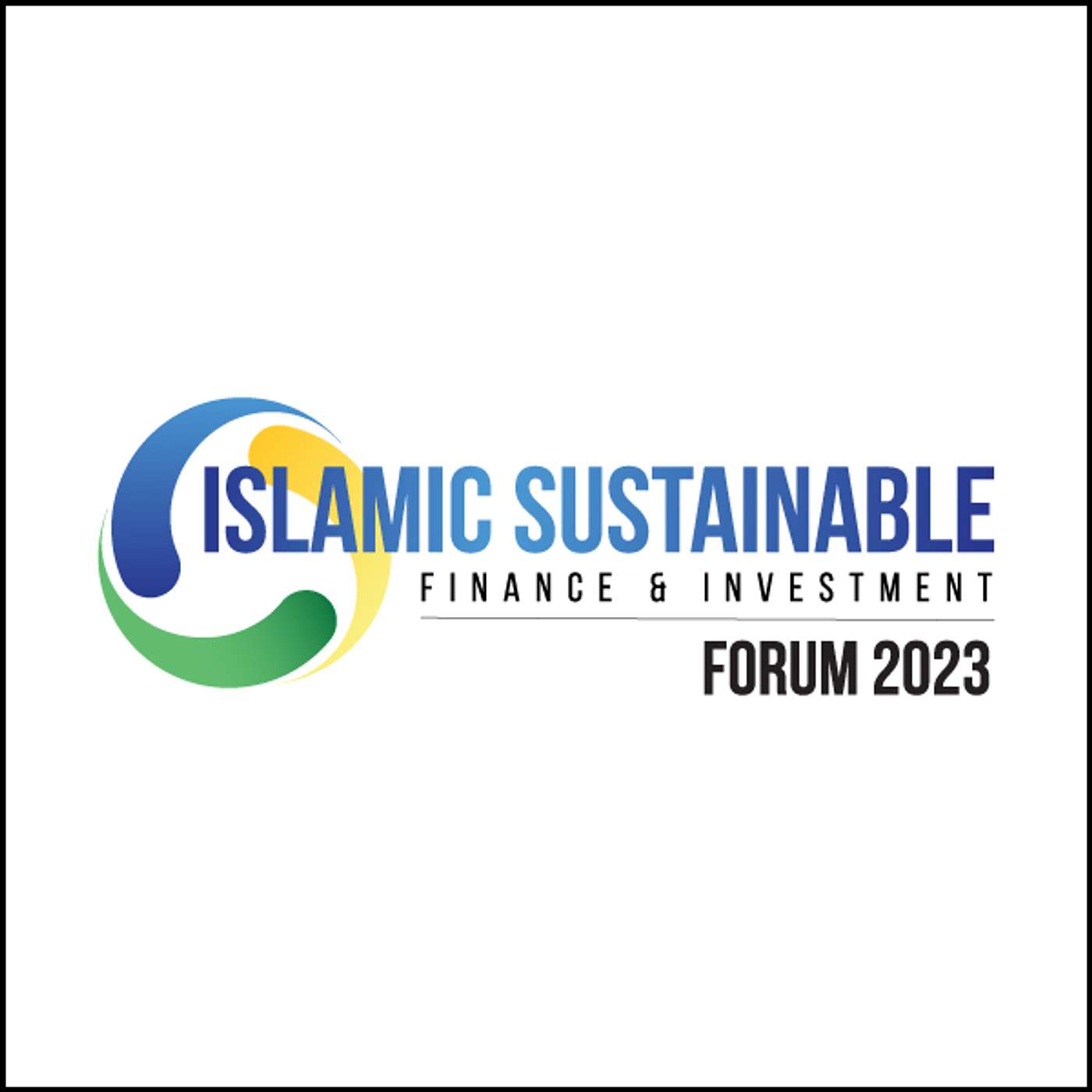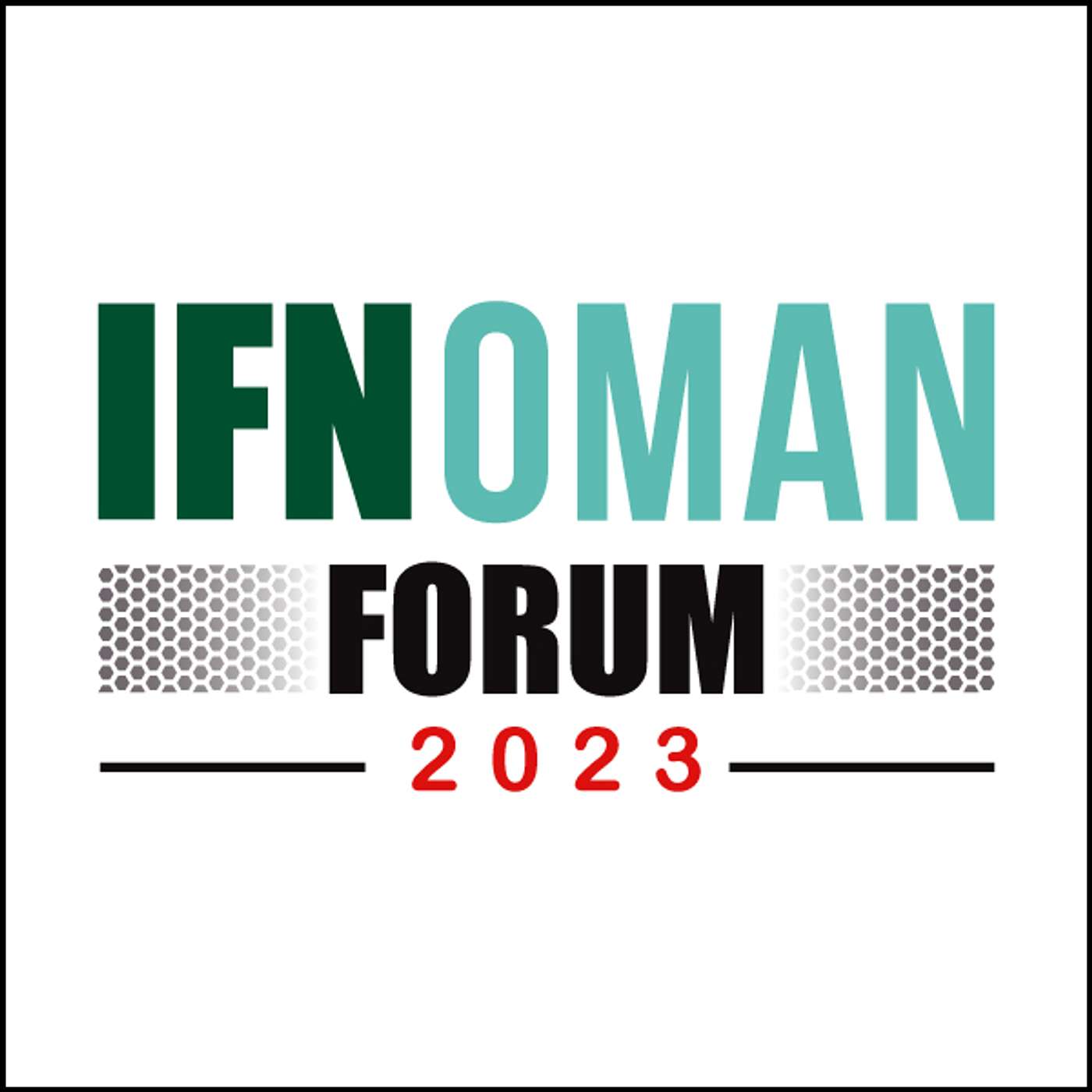Islamic sustainable finance: Fad or trend?
IFN OnAir
Sustainability is at the top of the agenda for most Islamic banks. CIMB Islamic Bank’s head of sustainable finance, Arshad Nuval Othman, explains to Vineeta Tan how banks are navigating this phenomenon and what we can expect from CIMB Islamic.
The use case of Hibah for Muslim estate planning
IFN OnAir
Estate planning is a major challenge in Malaysia, with the upper bound of frozen assets estimated at RM90 billion (US$19.36 billion). In this episode of the podcast, Marlena Kareem, the editor of ISFI, speaks to Ariffin Sabirin, the founder of Wasiyyah Shoppe, and Khairul Nisa Ismail, CEO of Sedania As Salam Capital, about how they are collaborating to address the Muslim estate planning challenge with the Hibah instrument.
Unlocking carbon credit market potential in a Halal manner
IFN OnAir
Carbon credits are positioned as a potential avenue to alleviate some of the global climate pressures emanating from carbon emissions. But they are not without critics. Are they a viable asset class and how can we best optimize carbon credits and offsets? My name is Vineeta Tan, the managing editor of IFN. To understand this, in this episode, Vineeta Tan speaks to Professor Lisa Wilson, the managing director of XTCC, a Shariah compliant investment platform for carbon credits; and Dr Scott Levy, the managing director of Al Waseelah and founder of XTCC.
Air Selangor's SRI Sukuk strategy
IFN OnAir
Air Selangor issued its largest SRI Sukuk to date in October 2023. In this episode, Marlena Kereem, the editor of Islamic Sustainable Finance and Investment, sits down with Kevin Lee Shih-Min, the head of finance and strategy at Air Selangor, to talk about this landmark issuance and its SRI Sukuk strategy moving forward.
The world's first Climate Bonds Initiative-certified Sukuk
IFN OnAir
reNIKOLA Solar II issued the world's first Climate Bonds Initiative-certified Sukuk in September this year. Marlena Kareem, the editor of ISFI, speaks to Khong Ho Ming, the executive director and COO of reNIKOLA, about this landmark issuance.
The role of credit ratings in voluntary carbon markets
IFN OnAir
Ratings play a significant role in the voluntary carbon market space. Marlena Kareem, the editor of ISFI, speaks to Ronan Carr, the chief research officer at BeZero Carbon, about the role of ratings in the carbon market, its recent issuance of the world’s first pre-issuance rating for a carbon project as well as the mispricing of carbon credits.
Blueprint for Protecting the Future: Islamic Sustainable and Social Investing
IFN OnAir
What steps are necessary to ensure Islamic sustainable investors are offered a common definition of climate risk standards in ASEAN? What is driving innovation of Islamic sustainable and social finance and investment products, and are we successfully creating products which satisfy both Shariah and ESG requirements? How do systematic tilts in portfolio allocation resulting from Shariah screens influence ESG integration in the development of Shariah-screened ESG funds? What is the role of the asset management sector in directing capital to social causes, and how can Waqf be further deployed to facilitate this? How are investors using ESG data and indices to benchmark and measure portfolio performance and is data still a challenge for the industry? We ask an expert panel.
Moderator:
Vineeta Tan, Managing Editor and Director, Islamic Finance news
Panelists:
Amit Pathak, Director, Head of ESG Index Products for Asia Pacific, S&P Dow Jones Indices
Elias Moubarak, Partner, Trowers & Hamlins
Shahariah Shaharudin, President, Saturna Malaysia
Deploying Transition Finance and Sustainability-Linked Products in a Climate Risk-sensitive Environment
IFN OnAir
What is driving the shift toward transition and sustainability-linked bonds and Sukuk issuance, and how do we maintain this momentum? What options do the deployment of sustainability-linked financing structures offer issuers, and are they properly understood? How do we better identify viable underlying assets for transition and sustainability-linked issuance, while also verifying the actual uses of proceeds? What role does transition and sustainability-linked finance play in the development of sustainable projects and infrastructure development? How can adherence to KPIs in the post-issuance process be assured and what tools are available for this purpose, such as second-party opinions and external review? We seek the views of an expert panel.
Moderator:
Marlena Kareem, Editor, Islamic Sustainable Finance & Investment, REDmoney Group
Panelists:
Dr Ayaz Ismail, Director – Wholesale Banking, CIMB Islamic Bank
Basheer Ahmad, Listing Authority, Markets, Dubai Financial Services Authority
Jeffrey Lee, Vice-President, Regional Manager APAC, Sustainable Finance, Moody’s Investors Service
Millie Yap, Director, Debt Capital Markets, HSBC
Dr Mohamad Zabidi Ahmad, Regional Chief Representative, DDCAP Group
How Innovation is Driving the Funding of Green and Sustainable Activities
IFN OnAir
- Do currently available taxonomies adequately address sector-specific transition concerns and what are salient additions to later versions?
- Assessing disclosure requirements and developing an effective climate change curriculum for financial institutions
- How are governments and exchanges enabling the trading of carbon credits, and what are the objectives and benefits of such initiatives?
- Defining the role of the financial sector in facilitating an effective energy transition in conjunction with the National Energy Policy
- How will the pace of adoption of ESG by SMEs impact the banking sector and capital markets?
Moderator:
Sharifatul Hanizah, Executive Director, Islamic Capital Market Development, Securities Commission Malaysia
Panelists:
Bilal Parvaiz, Executive Director and Head Islamic Corporate, Commercial and Institutional Banking, Standard Chartered Saadiq
Louis Booth, APAC Commercial Lead, Sylvera
Mohd Ekmal Mohd Zazi, Regional Head, Wholesale Banking, CIMB Islamic Bank
Sedef Gunsur, Senior Investment Officer, Financial Institutions Group, International Finance Corporation
Keynote Interview: Moving from Halal to the Ideal of Tayyib
IFN OnAir
Interviewee: Azman Mokhtar, Chairman, Malaysia International Islamic Finance Centre Leadership Council
Interviewer: Zainal Izlan Zainal Abidin, Former Deputy Chief Executive, Securities Commission Malaysia
Presentation: Markets and Sectors Driving Growth and Leading Innovation in Islamic Sustainable Finance
IFN OnAir
Ensuring an Effective, Innovative and Equitable Transition to Low Carbon: Policy, Regulation and Innovation
IFN OnAir
What does a successful strategic roadmap for advancing transition look like? Are current policies and actions sufficiently aligned with climate risk? Are the various climate taxonomies conflicting or complementary, and how do we offer a clear and consistent message? Are tax and operational cost incentives for companies and issuers sufficient, and are current regulatory frameworks encouraging product and market innovation? Finally, how do we effectively position and market Islamic sustainable finance and investment, and what would represent meaningful goals for the sector?
Moderator:
Vineeta Tan, Managing Editor and Director, Islamic Finance news
Panelists:
Lim Beng Guan, Executive Director, reNIKOLA Group of Companies
Mushtaq Kapasi, Managing Director, Chief Representative Asia-Pacific, International Capital Market Association
Nor Masliza Sulaiman, Deputy CEO, CIMB Investment Bank
Raja Amir Shah Raja Azwa, CEO, HSBC Amanah
Islamic Sustainable Finance and Investment Dialogue
IFN OnAir
- What represents a blueprint for advancing the transition to a low-carbon economy via effective stakeholder collaboration, regulation, resource allocation, positioning and product innovation in the Omani financial services sector?
- What are the implications for the Islamic sustainable financial services sector of the introduction of various regulatory taxonomies, frameworks and standards?
- How will new bond and Sukuk regulations, as part of the executive regulations to the Securities Law, accommodate and facilitate sustainable finance in Oman?
- What are current tax and operational cost incentive frameworks for the development of Islamic sustainable finance and investment products in Oman? Are they effective, and what more can be done?
- The juxtaposition facing the GCC: funding the hydrocarbon sector, while simultaneously developing a thriving green and sustainable finance sector
- Are we sufficiently capitalizing on the powerful synergies between sustainable finance and Islamic finance and how do we effectively position the sector?
- What are important criteria in the development of Islamic sustainable finance and investment products, and are we successfully developing products which satisfy both Shariah and ESG requirements?
- What approaches are large regional institutional investors taking to sustainable finance and investment, and what can be learnt from this?
- How do we fund clean energy, sustainable activities and social projects in Oman such through an effective, liquid Islamic capital market?
- How do we continue to measure impact from green and sustainable issuance? What tools are available for issuers and investors for this purpose?
Moderator:
Luma Saqqaf, CEO, Ajyal Sustainability Consulting
Panelists:
Asad Qayyum, Managing Partner, MAQ Legal Kemal Rizadi Arbi, Expert/Advisor, Capital Market Authority, Sultanate of Oman Khalid Al Kayed, CEO, Bank Nizwa Shahariah Shaharudin, President, Saturna Malaysia Talha Ahmed Khan, Country Manager and Head Global Investment Unit, Pak Oman Investment Company Thamer Al Shahry, Partner, Said Al Shahry & Partners
The SC's approach to developing sustainable finance regulations in Malaysia
IFN OnAir
The sustainable finance space is beginning to mature with new regulations being introduced. Marlena Kareem from ISFI speaks to Salmah Bee Mohd Mydin, the executive director of market development responsible for sustainability from the Securities Commission Malaysia (SC), about the SC’s role in the development and implementation of sustainability regulations in Malaysia.
Tapping blue finance in emerging markets
IFN OnAir
Blue finance is making waves in the sustainable finance space. Marlena Kareem from ISFI speaks to Christina Ongoma, the manager of financial institutions group for upstream advisory services at the World Bank Group's private sector development arm, the International Finance Corporation (IFC), about how the IFC develops blue and thematic Sukuk in emerging markets.
The upcoming launch of the Bursa Carbon Exchange trading platform and the Malaysian compliance carbon market
IFN OnAir
Bursa Malaysia launched the Bursa Carbon Exchange (BCX) last year as the world's first Shariah compliant carbon exchange. Marlena from ISFI speaks to Dr Chen Wei-nee, the head of carbon market at Bursa Malaysia, about the upcoming launch of BCX trading platform and the Malaysian compliance carbon market.
Carbon offsets to persevere in Islamic finance
IFN OnAir
Carbon offsets are going through a confidence crisis, but APICORP's managing director of corporate banking, Nicolas Thevenot, tells Vineeta Tan that he believes the asset class is here to stay, and Islamic finance will play an important role in this growth story.
The challenges of developing Malaysia-generated carbon credit projects
IFN OnAir
Malaysian infrastructure conglomerate YTL Corporation has been on Bursa Malaysia’s industry working group for the development of the Bursa Carbon Exchange since 2020. It is also an active carbon credit project developer in Southeast Asia.
Marlena Kareem from ISFI speaks with Ralph Dixon, the executive director of sustainability at YTL and CEO of YTL-SV Carbon, about the development of the Malaysian VCM space, the challenges that the changing regulatory environment poses as well as the opportunities for Islamic sustainable finance.
SC driving the Islamic SRI agenda in Malaysia
IFN OnAir
Malaysia is touted to be a leader in driving the Islamic sustainable finance agenda by its global peers. But has the country fully capitalized on its potential, and how can it harness these opportunities? Vineeta Tan speaks to Sharifatul Hanizah Said Ali, the head of Islamic capital market development at the Securities Commission Malaysia, to find out.
The first Islamic finance transaction with carbon credits as underlying assets
IFN OnAir
Description: Saudia Arabia’s Regional Voluntary Carbon Market Company (RVCMC) will facilitate the first-ever Islamic finance transaction with carbon credits as underlying assets this year, according to Riham ElGizy, CEO of the RVCMC. ISFI speaks to the RVCMC CEO to learn about the upcoming deal and the launch of the RVCMC exchange early next year.
BLOMINVEST BANK's debut UK green investment project
IFN OnAir
Saudi-based BLOMINVEST BANK has launched the GBP300 million (US$384.09 million) SAED Green UK Fund as its debut endeavor in the UK market. ISFI speaks to Abdullah Alrashoud, CEO and managing director of BLOMINVEST BANK, to learn more about the fund.
The development process for Islamic sustainable products
IFN OnAir
Gatehouse Bank is looking to launch an additional financing product to existing customers to improve the energy efficiency of their homes this year. ISFI speaks to Andy Homer, the chief customer officer at Gatehouse Bank, to learn about how it works with its partners to develop Islamic sustainable products.
The chicken-and-egg problem of a debut VC fund
IFN OnAir
Ficus Capital is targeting to close its inaugural Islamic Southeast Asian Tech Fund in the third quarter of this year. ISFI speaks to Rina Neoh, the managing partner of Ficus Capital, to learn about some of the challenges of managing an inaugural fund as well as how the venture capital firm has shifted its focus toward sustainability.
Kayseri Seker's innovative agricultural Sukuk: a sweet deal
IFN OnAir
Turkiye’s largest beet growers cooperative brand Kayseri Seker issued a TRY85 million (US$4.44 million) Sukuk in February 2022. The facility was the first Sukuk to use a quota of crystal sugar as an underlying asset and was also the first Sukuk issued by a cooperative in Turkiye. ISFI speaks to Dr Menevse Ozdemir Diliduzgun, the head of corporate finance and advisory at Halk Investment, and Ozgun Ozok, the managing partner of Ozok Law Firm, the legal advisor of the Sukuk, to learn more about this deal.
 Islamic sustainable finance: Fad or trend?
4:39
Islamic sustainable finance: Fad or trend?
4:39
 The use case of Hibah for Muslim estate planning
28:22
The use case of Hibah for Muslim estate planning
28:22
 Unlocking carbon credit market potential in a Halal manner
31:56
Unlocking carbon credit market potential in a Halal manner
31:56
 Air Selangor's SRI Sukuk strategy
14:21
Air Selangor's SRI Sukuk strategy
14:21
 The world's first Climate Bonds Initiative-certified Sukuk
16:43
The world's first Climate Bonds Initiative-certified Sukuk
16:43
 The role of credit ratings in voluntary carbon markets
18:17
The role of credit ratings in voluntary carbon markets
18:17
 Blueprint for Protecting the Future: Islamic Sustainable and Social Investing
36:19
Blueprint for Protecting the Future: Islamic Sustainable and Social Investing
36:19
 Deploying Transition Finance and Sustainability-Linked Products in a Climate Risk-sensitive Environment
1:17:52
Deploying Transition Finance and Sustainability-Linked Products in a Climate Risk-sensitive Environment
1:17:52
 How Innovation is Driving the Funding of Green and Sustainable Activities
1:01:19
How Innovation is Driving the Funding of Green and Sustainable Activities
1:01:19
 Keynote Interview: Moving from Halal to the Ideal of Tayyib
23:12
Keynote Interview: Moving from Halal to the Ideal of Tayyib
23:12
 Presentation: Markets and Sectors Driving Growth and Leading Innovation in Islamic Sustainable Finance
14:24
Presentation: Markets and Sectors Driving Growth and Leading Innovation in Islamic Sustainable Finance
14:24
 Ensuring an Effective, Innovative and Equitable Transition to Low Carbon: Policy, Regulation and Innovation
1:02:22
Ensuring an Effective, Innovative and Equitable Transition to Low Carbon: Policy, Regulation and Innovation
1:02:22
 ISFI Forum 2023: Keynote Address
16:16
ISFI Forum 2023: Keynote Address
16:16
 Islamic Sustainable Finance and Investment Dialogue
42:17
Islamic Sustainable Finance and Investment Dialogue
42:17
 The SC's approach to developing sustainable finance regulations in Malaysia
19:55
The SC's approach to developing sustainable finance regulations in Malaysia
19:55
 Tapping blue finance in emerging markets
30:05
Tapping blue finance in emerging markets
30:05
 The upcoming launch of the Bursa Carbon Exchange trading platform and the Malaysian compliance carbon market
30:01
The upcoming launch of the Bursa Carbon Exchange trading platform and the Malaysian compliance carbon market
30:01
 Carbon offsets to persevere in Islamic finance
17:29
Carbon offsets to persevere in Islamic finance
17:29
 The challenges of developing Malaysia-generated carbon credit projects
24:28
The challenges of developing Malaysia-generated carbon credit projects
24:28
 SC driving the Islamic SRI agenda in Malaysia
17:52
SC driving the Islamic SRI agenda in Malaysia
17:52
 The first Islamic finance transaction with carbon credits as underlying assets
14:54
The first Islamic finance transaction with carbon credits as underlying assets
14:54
 BLOMINVEST BANK's debut UK green investment project
12:08
BLOMINVEST BANK's debut UK green investment project
12:08
 The development process for Islamic sustainable products
16:42
The development process for Islamic sustainable products
16:42
 The chicken-and-egg problem of a debut VC fund
24:41
The chicken-and-egg problem of a debut VC fund
24:41
 Kayseri Seker's innovative agricultural Sukuk: a sweet deal
19:34
Kayseri Seker's innovative agricultural Sukuk: a sweet deal
19:34
